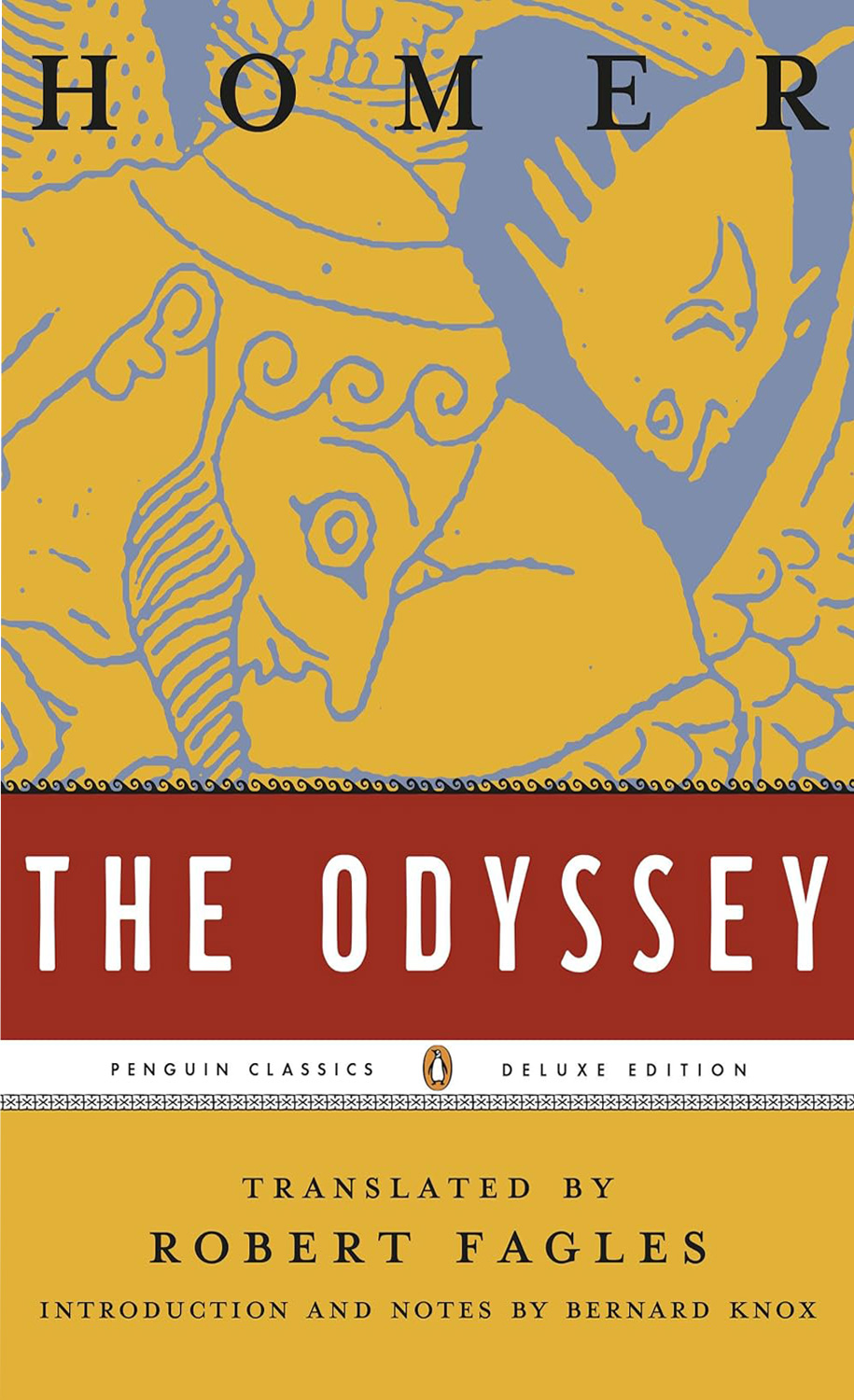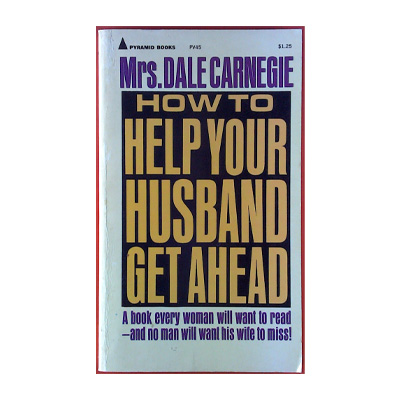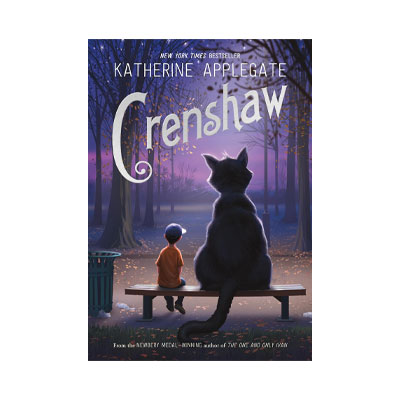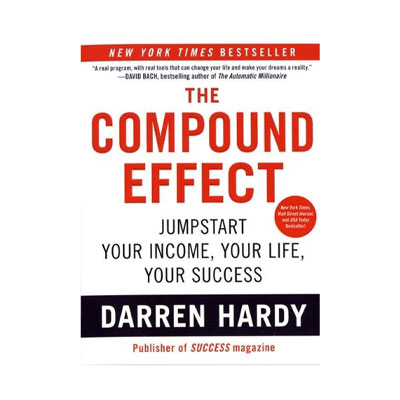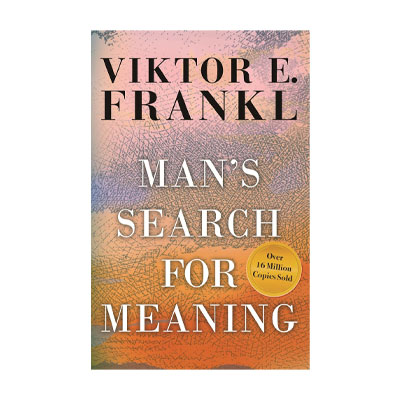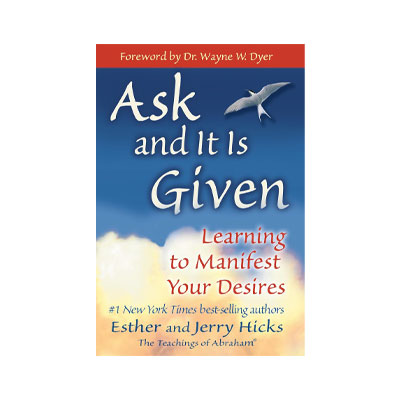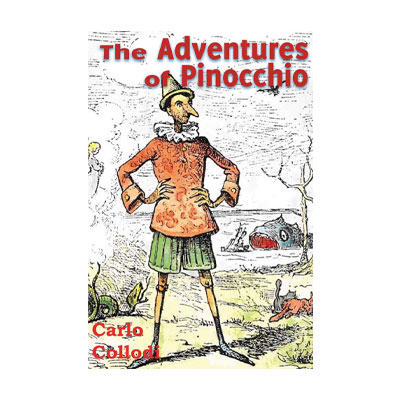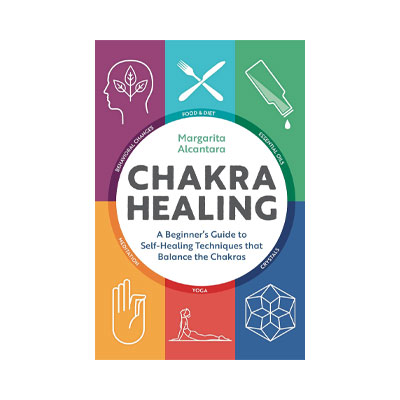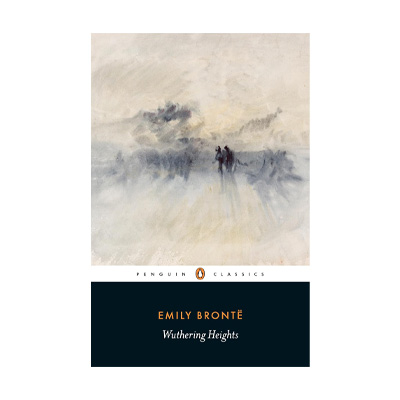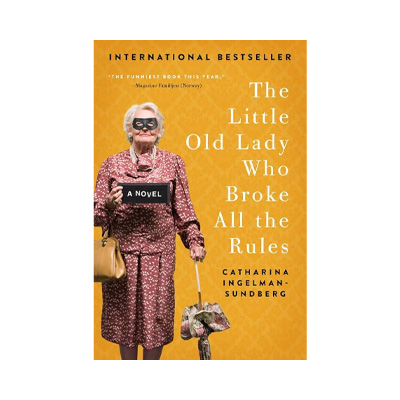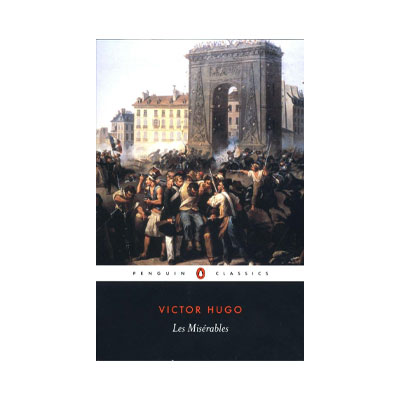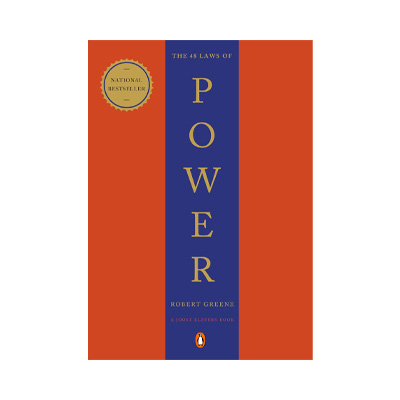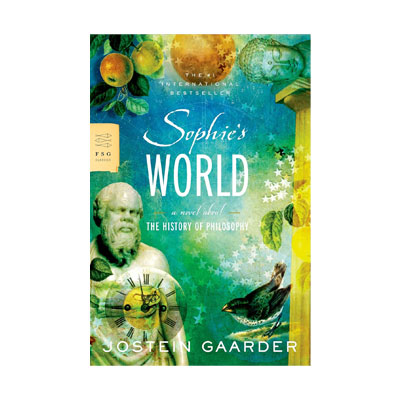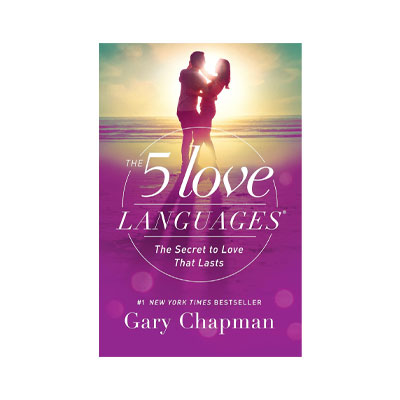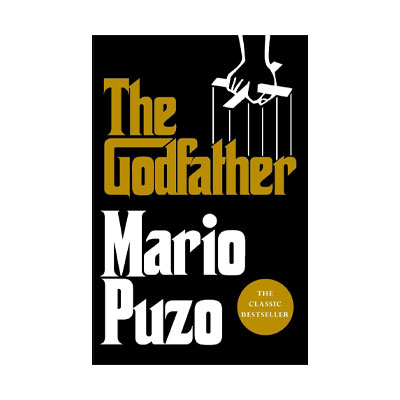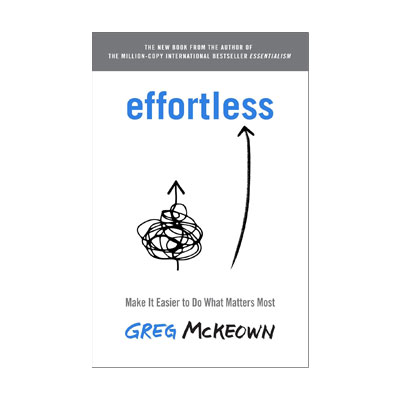Book Summary
The classic story of the Odyssey is a work by Homer that is thought to have been written in the 8th century BC. The narrators of the story are different individuals who narrate the events non-linearly, and the style and structure of the work attract the reader's attention in a different way. The Odyssey, which is perhaps the most famous literary figure in literary history according to many critics, is a king of Ithaca, an island in Greece, with significant differences from other Greeks. Among them, his motivation was not to gain honor and wealth, and if he had not been forced by the covenant he had made, he might never have left home.
The Odyssey was never a warrior and a swordsman but instead, the cunning and strategies he had in his sleeve made him a different person. Also, as the reader continues to read the book, they realize that Odysseus's tireless efforts to return home to his wife and child despite various adversities such as the power of the seas and gods make him a hero who can be an extraordinary symbol and model. He is full of love for his family members and homeland, and he is proud in front of the gods who sometimes keep him away from reaching his destination and shows his cunning actions.
In the war between the Trojans and the Greeks that lasted a decade, it is ultimately the wisdom of this person that leads to the land falling into the hands of the Greeks, allowing them to dominate the city and plunder it. After this event, Odysseus has still not been able to return home after years, and suitors take advantage of this excuse to attack his home and demand that his wife choose a husband for herself, her husband, and for the city.
The suitors among them are unscrupulous people, and on the other hand, Odysseus's son, who is now grown up, decides to go after his father to prevent further events. In parallel with his family's efforts, Odysseus does not remain idle and struggles until finally, with the intervention of Athena in front of Zeus, he manages to escape from the island where he was trapped and return home. This beautiful story continues to be an interesting read.
About the Author
Not much information is available about Homer, but based on hearsay and some evidence, he was a Greek poet and storyteller and was also blind. He was born in the city of Izmir in western Turkey today and said farewell to the mortal world after spending his life on the island of Chios. His well-known writings include the Iliad and the Odyssey.
Who Should Read the Book?
It is recommended for enthusiasts of classic literature, especially those who love famous stories and poems, to choose the Odyssey for reading.
Table of Contents
The Odyssey consists of 24 songs that are written in a completely poetic tone
Book Quotes
Odysseus set sail again on a broken plank. But the winds destroyed his plank, and he swam himself to an island. The king of that place honored Odysseus and gave him a ship to return to his homeland Ithaca.
Twenty years had passed since Odysseus's journey. His father had grown old and left the city, and his mother was mourning the absence of her son. His son Telemachus had now become a strong young man.
His faithful wife Penelope, in the absence of her husband, had locked herself away from suitors who had taken over her palace and seized his belongings, demanding that she choose a husband from among them.
Penelope did not object to the suitors but asked for permission to finish weaving a shroud she was working on. She wove during the day and unraveled at night.
Odysseus entered the city in beggar's clothes. No one recognized him except his dog, who died of joy.
Penelope had announced that whoever could string Odysseus's bow and shoot an arrow through a row of axe heads could become her husband. But no one succeeded.
Odysseus, dressed as a beggar, easily strung the bow and shot an arrow through the axe heads. Then he stood at the threshold and, with his son's help, killed the enemies and revealed his true identity to his wife.
Then Odysseus, alert, pushed the suitors away from him and threw himself towards the great door, holding his bow and quiver full of arrows. He scattered swift arrows at his feet, then turned to the suitors and said: 'This difficult contest has come to an end; now I will shoot another arrow as a further sign: no one has hit it yet, and I want to see if Apollo will favor me in this trial or not.'
No, Odysseus will not come back here. Odysseus is the same person you see; I am the one who, after all that suffering, all that wandering, after twenty years, return to my father's land.
I saw Sisyphus enduring hard pains: with his two arms, he pushed a very large stone. He separated his hands and feet and rolled that stone towards the top of a hill; but as he approached to pass over it, the weight pulled him back; again, he dragged that stubborn stone back towards the valley. He gathered his strength, pushed it again, blood streaming from his body and a halo of dust rising above his head.
From there with a heavy heart, we followed our path. We reached the land of Cyclopes, these giants who have no laws, worship eternal gods, do not show any trees with their arms, and do not work; everything appears in their country without sowing or plowing: wheat, barley, and grapes that bear wine clusters, and Zeus's rain makes them flourish. They have no council for negotiation or any rituals. They replace themselves in high mountain caves and each sets up a ritual for their children and wives without being bound to each other.
Give me an order to eat dinner with all this grief I have; nothing more shameless than this cursed stomach that compels us to think about it if the sorrow in our hearts has brought us down; in this way, I have much grief and continuously commands me to eat and drink; the pains I have endured make me forget and pressurize me to indulge in it.
